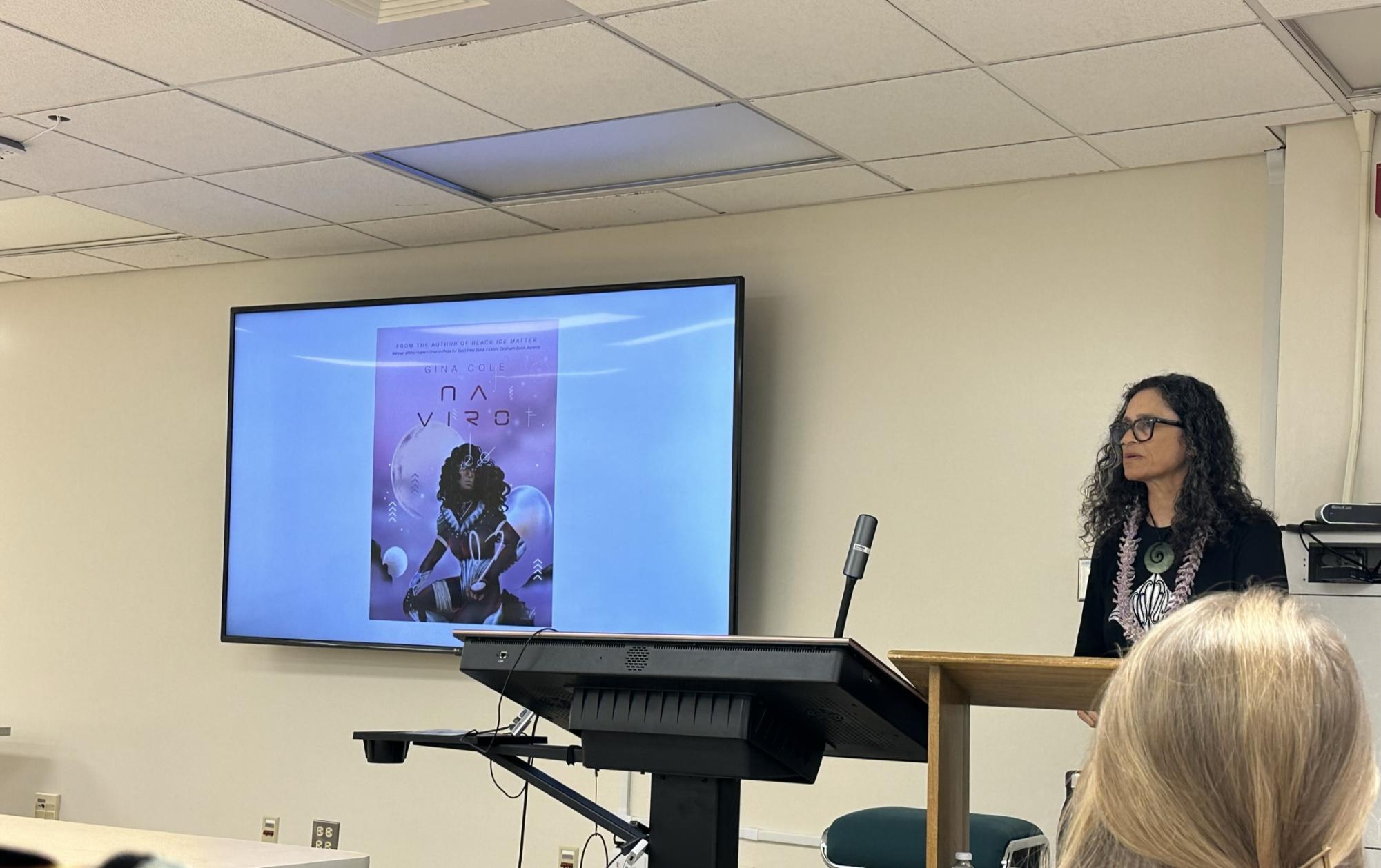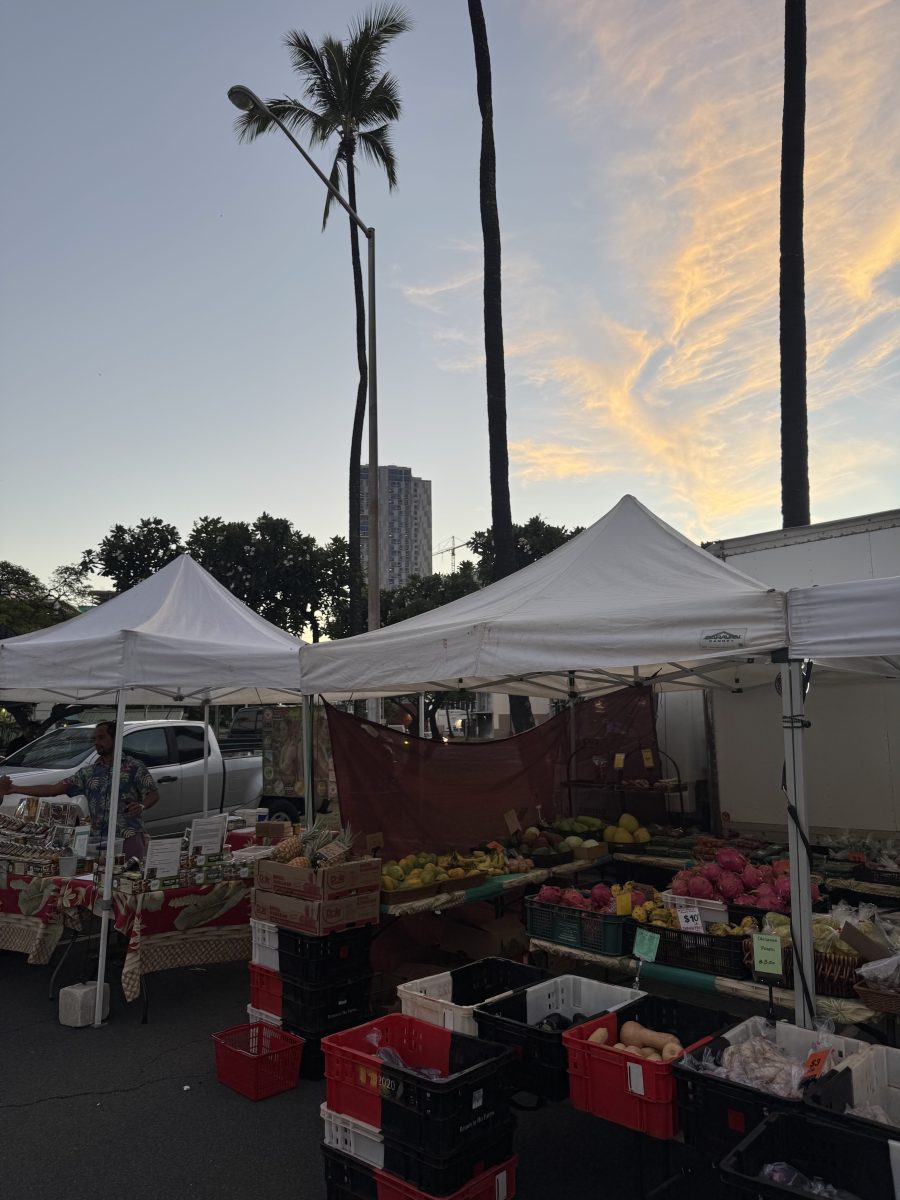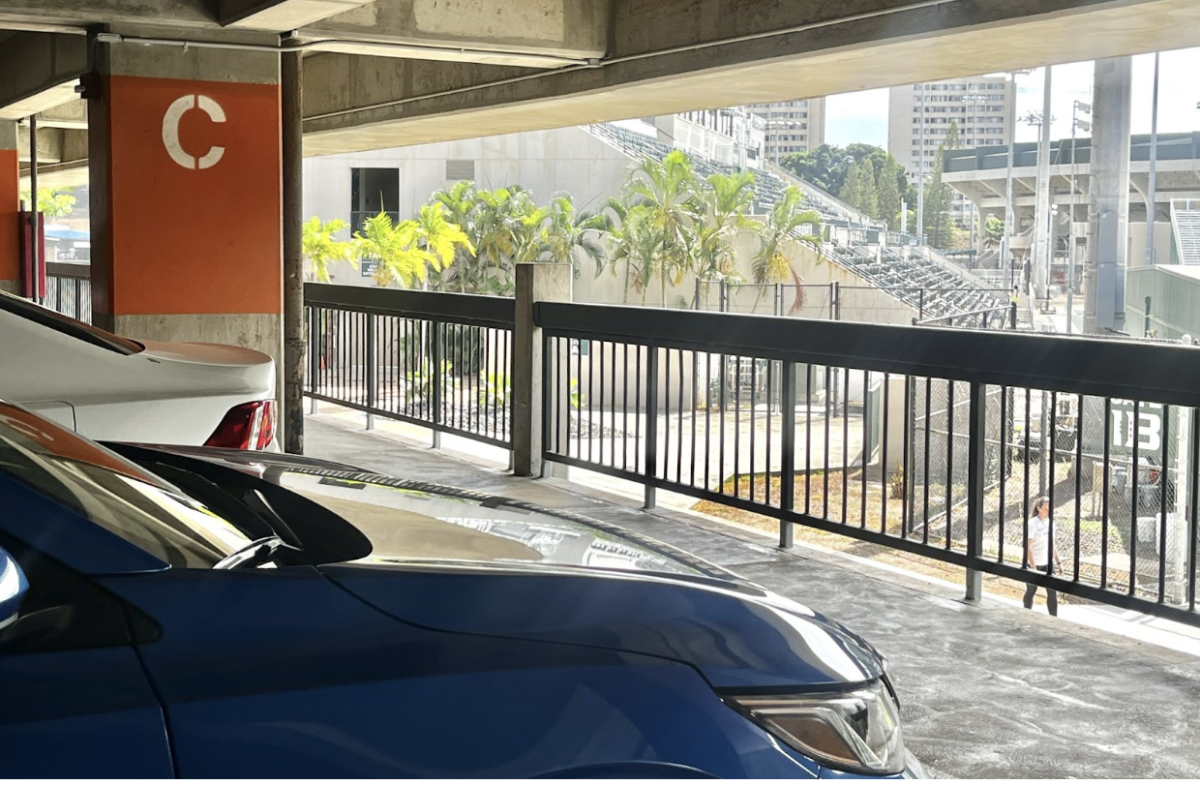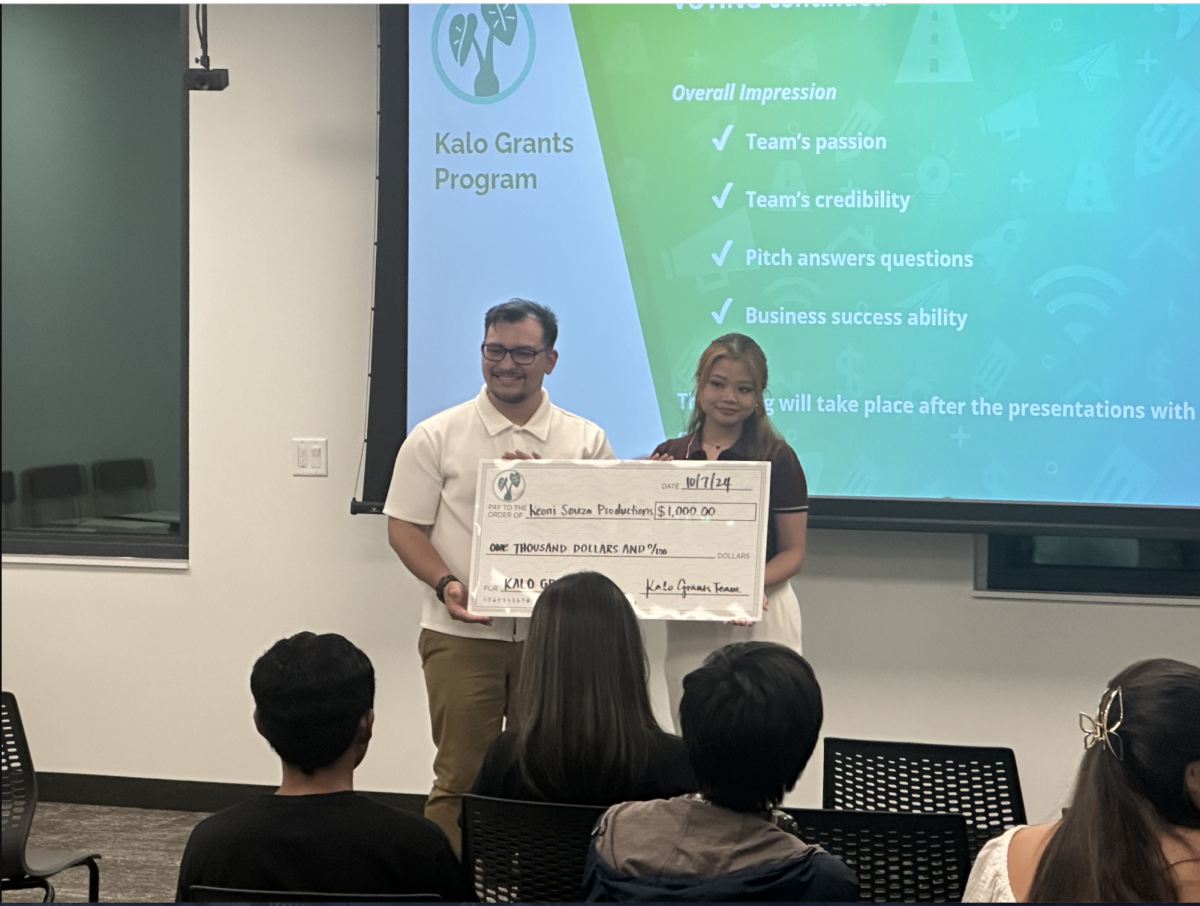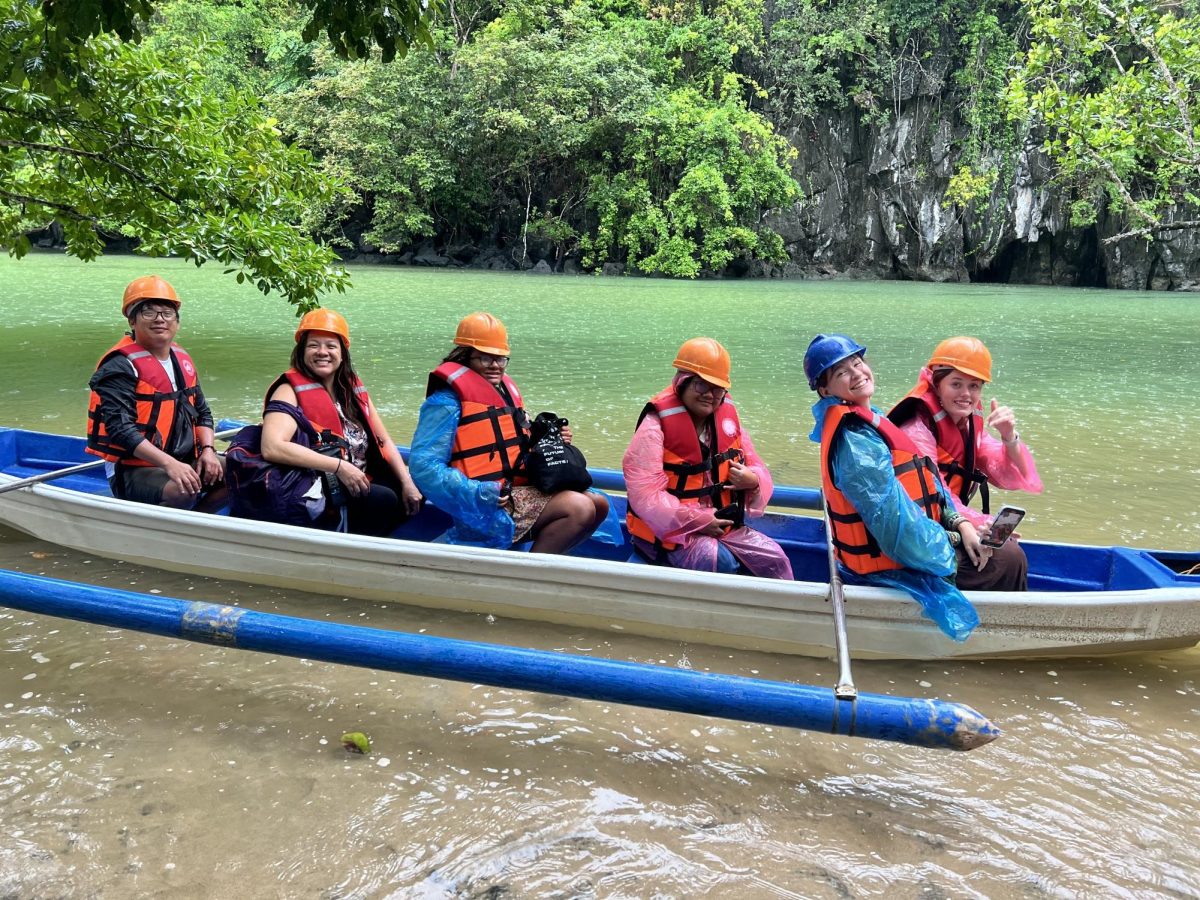Within the science-fiction genre, Pasifika Futurism has emerged as a sub-genre that highlights Pacific indigenous values and culture.
Gina Cole, the author of one of those sci-fi fantasy novels, called “Na Viro,” shared her literary strategies for creating her book in this style during an event Monday, hosted by the Center for Pacific Islands Studies, the Department of English, and the Pacific Collection.
“When I started researching for my Ph.D, I found that there are very few science fiction novels by (indigenous) writers and even fewer set in space,” said Cole, a freelance writer of Fijian, Scottish, and Welsh descent. “I wanted to change that.”
From a young age, Cole said, she enjoyed watching science-fiction television programs and films, such as “Star Trek,” “Land of the Giants,” and “Doctor Who.” However, she said she felt a lack of representation amongst the characters in the productions she
grew up with.
Her novel-writing journey led her to discover constructs of Afrofuturism and Indigenous Futurism that gave her the foundational structure for her work.
Afrofuturism, a cultural artistic movement that explores African expression and history alongside science fiction and technology, and Indigenous Futurism, constructed through the native experiences and indigenous dreams, allows authors and readers to rethink the past to envision a new future.
Other Pacific-oriented concepts, such as wayfinding and vā, also inspired Cole to complete her novel.
Her question for the book, she said, was: “How do I make the Pacific Ocean a metaphor for space and vice versa?”
Coming across cultural practices and beliefs. such as wayfinding, which involves using traditional tools and nature’s cues to navigate to land and Vā, the space that exists between things that need to be cared for, Cole said she used those ideas as a guide for her main character’s leadership as she navigates throughout the plot.
Pasifika Futurism, the term Cole uses in her doctoral thesis, recognizes a technological perspective inspired by the artistic essence of the Pacific Ocean. This viewpoint is a way to take a look into the relationship with the Pacific Ocean and the technologies used to navigate through the sea.
“Na Viro,” meaning “the whirlpool” in Fijian, is a novel about a young Pasifika woman who travels into space to save the system from a whirlpool.
Throughout the narrative, Cole maintains a theme around an ocean within the expanse of space and a galaxy within a vast ocean.
Since indigenous people may be plagued with traumas from colonialism, Cole advised Indigenous writers to write for themselves instead of writing back. Cole emphasized the importance of indigenous people sharing their own stories, as failure to do so may result in
others telling their narratives on their behalf.
In the genre of science fiction, Cole is hoping to see more representation within queer and indigenous stories.
For her next book, Cole is working in Hawaiʻi, which involves researching the island’s environment.
